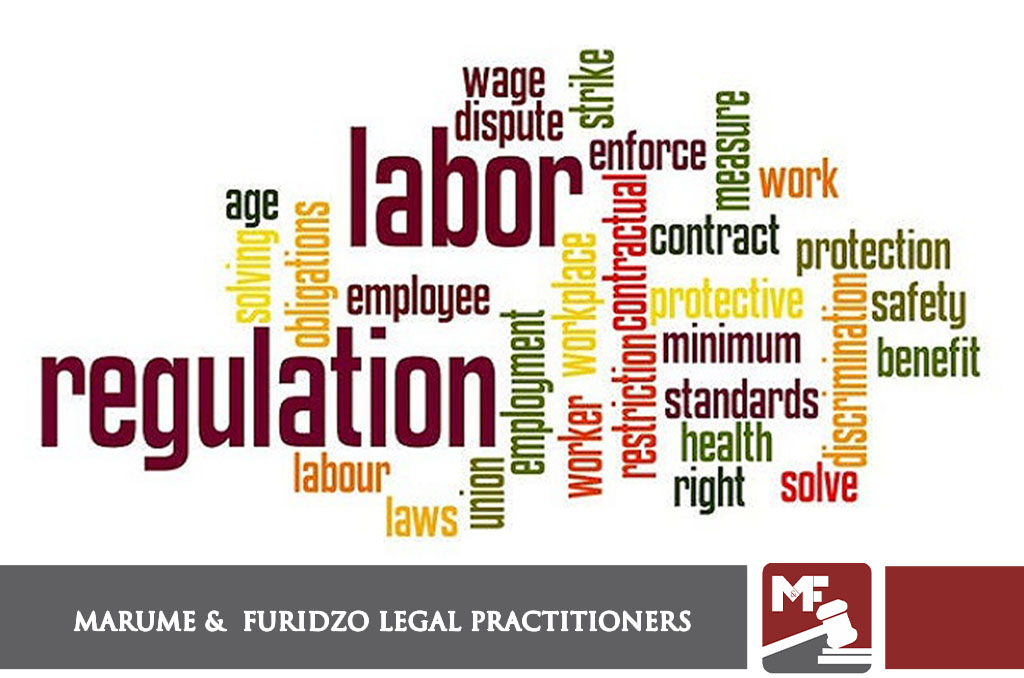A trademark is anything used to identify the source of a product or service, including alphabetic characters, numbers, a word, phrase, slogan, logo, colour, smell, sound, shape, package design, or a combination of these. A trademark distinguishes the product of one competitor to the other to ensure there is no confusion.
The registration of trademarks locally in Zimbabwe is governed by the Trademarks Act Chapter 26:04.
The same defines a trademark in the following terms;
“trade mark” means a mark which is used or proposed to be used in relation to goods or services for the purpose of—
(a) indicating a connection in the course of trade between the goods or services and some person having the right, either as proprietor or as registered user, to use the mark, whether with or without any indication of the identity of that person; and
(b) distinguishing the goods or services in relation to which the mark is used or proposed to be used, from the same kind of goods or services connected in the course of trade with any other person; but does not include a certification mark.” Section 2
For a trademark to be registrable in Zimbabwe it should not be deceptive or likely to cause confusion, should not be contrary to law; which comprises or contains scandalous matter and it should not be a prohibited mark.
Further such a trademark must not be descriptive, it must be distinctive and not confusingly similar to another one, it must not be laudatory (self-praise) and it must not be contrary to public order or morality.
Trademark registration in Zimbabwe is possible via three routes namely;
- The local route or what is often referred to as the Paris Convention route via the national office in this case Zimbabwe Intellectual Property Office (ZIPO). Registration of a trademark via the national route is done in accordance with the Trade Marks Act [Chapter 26:04] and Trade Marks Regulations [2005];
- The regional route using the African Regional Intellectual Property Office (ARIPO). The trademark registration is done in accordance with the Banjul Protocol. Under the Banjul Protocol an applicant files a single application through ARIPO or the contracting states. Currently there are 10 Contracting States that are signatory to the protocol. Each application is treated separately in each territory so it can be accepted.
- The international route is done using the World Intellectual Property Office (WIPO). The registration is done in accordance with Madrid Protocol or the Madrid Agreement. The Madrid System is a convenient and cost-effective solution for registering and managing trademarks worldwide. The applicant files a single application which is linked to a registered mark in the country of origin and then can pay one set of fees to apply for protection in up to 117 countries that are signatories to the protocol.

We briefly deal with the local route of registration of a trademark.
As a first step, the applicant has to send or hand in a duly completed trademark application form, which will include the contact details of the company, a graphic illustration of its mark, a description of the goods and services and/or classes) for which the business it wishes to obtain Trademark registration, and pay the required fees at the Zimbabwe Intellectual Property Office (ZIPO) in Harare which is housed at the Deeds Registry Office.
The Trademark office examines the application to make sure that it complies with the administrative requirements or formalities (i.e., whether the application fee has been paid and the application form is properly filled in).
Thereafter the trademark is published in a journal with a set period of time for third parties, to oppose its registration.
Once it has been decided that there are no grounds for refusal, the trademark is registered, and a registration certificate is issued which is generally valid for 10 years.
Trademark may be renewed indefinitely by paying the required renewal fees, but the registration may be cancelled entirely for certain goods or services if the trademark has not been used for a certain period of time specified in the Act.
The contents of this article are for general information purposes only and do not constitute our legal or professional advice. We accept no responsibility for any loss or damage of whatsoever nature which may arise from reliance on any of the information published herein.
Copyright © Marume & Furidzo Legal Practitioners 2019




4 Comments
Darina Confidus
Thanks for the valuable information.
Trademarks Registration In Zimbabwe | Celebrity
[…] For more legal advice follow Marume and Furidzo Legal Practitioners. […]
CARMEN
How about the search fees, lawyer fees, application fees, registration fees and taxes of the trademark registration in Zimbabwe
Marume & Furidzo Legal Practitioners
Thank you for your enquiry Mr Chinguwa, kindly get in touch by visiting us or contacting us via Whatsapp for legal support
Address: 4th Floor, North Wing
Mercury House
24 G. Silundika Ave
Harare, Zimbabwe
Phone: Telephone: 263 242 700609
Mr. Marume: +263 772 834 327
Mr. Furidzo: +263 772 380 877
Email: info@marumeandfuridzo.com
marfurlegal@gmail.com